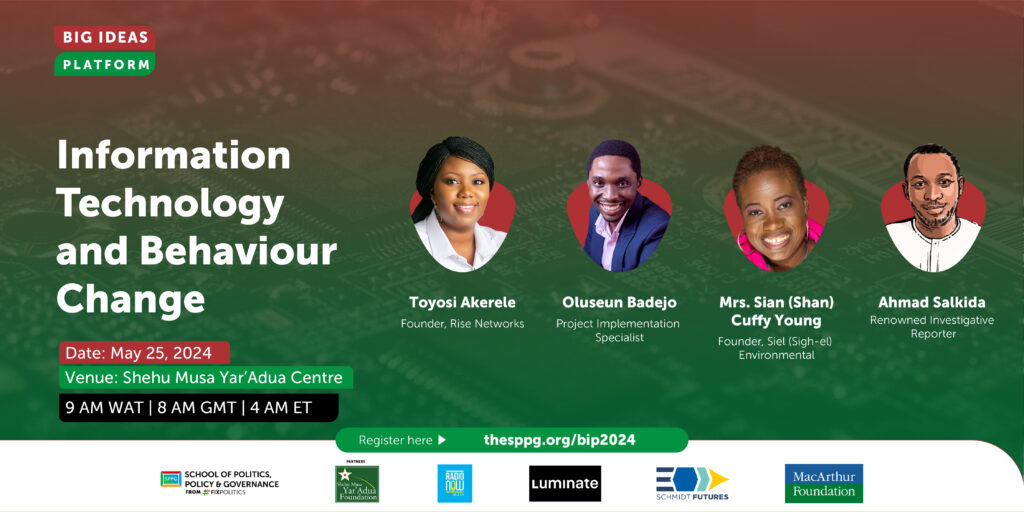Solid Waste Management is a multifaceted problem comprising political, socioeconomic, institutional, and environmental aspects. Due to exponential urban growth, it has become one of the most significant issues faced by urban spaces in developing countries. The gap in environmental knowledge among the youth and the old within developing countries contributes to ecological issues or waste management problems, resulting in unsustainable development, with important consequences in low-income countries. Most of the low/middle-income countries are unable to provide effective waste management collection services because of resource constraints, lack of facilities including vehicles, and infrastructure, improper route planning, lack of technical know-how, and inadequate environmental education and awareness. To sustain SW or environmental issues in developing countries, formal education for sustainable development is essential at all levels of education, able to trigger a whole societal transformation. For better environmental sustainability or waste management sustainability education, teachers with the right knowledge, attitude, skills, and innovation, are required.
Awareness plays a pivotal role in shaping individual behaviours and attitudes towards waste management. Lack of awareness often leads to improper disposal practices such as littering, illegal dumping, and indiscriminate waste disposal, exacerbating environmental degradation and pollution. Educating the public about the environmental consequences of improper waste disposal and the benefits of adopting sustainable practices is crucial for fostering responsible behaviour and promoting a culture of waste reduction and recycling. Learning tools, including educational programs, digital applications, and interactive platforms, offer effective means of disseminating information and engaging individuals in waste management initiatives. Educational programs conducted in schools, communities, and workplaces provide structured learning experiences that raise awareness and promote sustainable waste practices among participants. Digital applications and online platforms offer interactive tools and resources, allowing users to access information, track their waste footprint, and participate in recycling programs conveniently.
The search for improved environmental quality has driven several governments in developing nations to adopt the use of Environmental Education in improving the attitude and behaviour of its citizenry towards waste management. One could ask what is the behaviour of undergraduate students towards waste management in Nigeria. Waste management behaviours are all attitude, disposition and perception towards properly disposing of waste in any environment one finds himself. Waste management behaviour includes open dumping, careless attitude towards properly disposing of institutional waste like food wrappers, torn books or papers, hotel food remains, vegetable remains etc. A degraded environment can only offer a degraded quality of life. If we really desire to sustain and improve upon the present quality of life, then it is the collective responsibility of every living human being to secure the quality of the environment.
It has been repeatedly emphasized that there is an irrepressible need for entrenching Environmental Education as a leading approach to solving environmental problems and creating a sustainable society. The poor as well as the affluent are equally vulnerable to environmental damage. The poor and poverty-stricken people, wherever they may live, are generally preoccupied with the issue of physical survival. They lack money, skills and knowledge and therefore oftentimes, tend to over-utilise local resources beyond sustainable levels. They, therefore, need to be empowered to be able to control their resources and therefore their lives according to the tenets of a sustainable, safe and clean environment for healthy living in society.
The implementation of these learning tools to facilitate Environmental Education faces several challenges, including limited access to technology and cultural differences. Additionally, sustaining public interest and engagement in long-term waste management initiatives requires continuous efforts and resources. These implementation methods and challenges form the basis of the discussions that we will be having at the Big Idea Platform 2024.
In 2023, The School of Politics, Policy & Governance (SPPG) partnered with the Shehu Musa Yar’Adua Foundation to launch the inaugural Big Ideas Platform, centered around “Reawakening the African Renaissance: Pathways to Inclusive Growth and Development.” Five innovative African leaders shared groundbreaking ideas aimed at improving African communities’ quality of life. This year , The School of Politics, Policy & Governance (SPPG) is pleased to announce Big Ideas Platform 2024, in collaboration with the Shehu Musa Yar’Adua Foundation, on May 25th, 2024. This year’s theme, “Information Technology and Behaviour Change,” will convene intellectuals, policymakers, technocrats, and changemakers to discuss transformative ideas and solutions for Africa’s inclusive prosperity and sustainable development.
The event is open to the public, and registration is free. It will be a great opportunity to learn from thought leaders and professionals about how we can Use of Learning tools to Build awareness of Waste Management.
Date: May 25, 2024 (Africa Day)
Time: 9:00 AM – 12 PM WAT (GMT+1)
Venue: Shehu Musa Yar’Adua Center, Abuja/ Zoom

Click Here to register for #BIP2024 and stay up to date with event updates.
About the Big Ideas Platform: The Big Ideas Platform is a thought leadership initiative developed by the School of Politics, Policy, and Governance. With a focus on empowering African innovators and amplifying their voices, this platform aims to promote dialogue, collaboration, and action to address the pressing challenges faced by African communities. By highlighting transformative ideas, the Big Ideas Platform strives to facilitate inclusive growth, development, and the realization of the African Renaissance.
